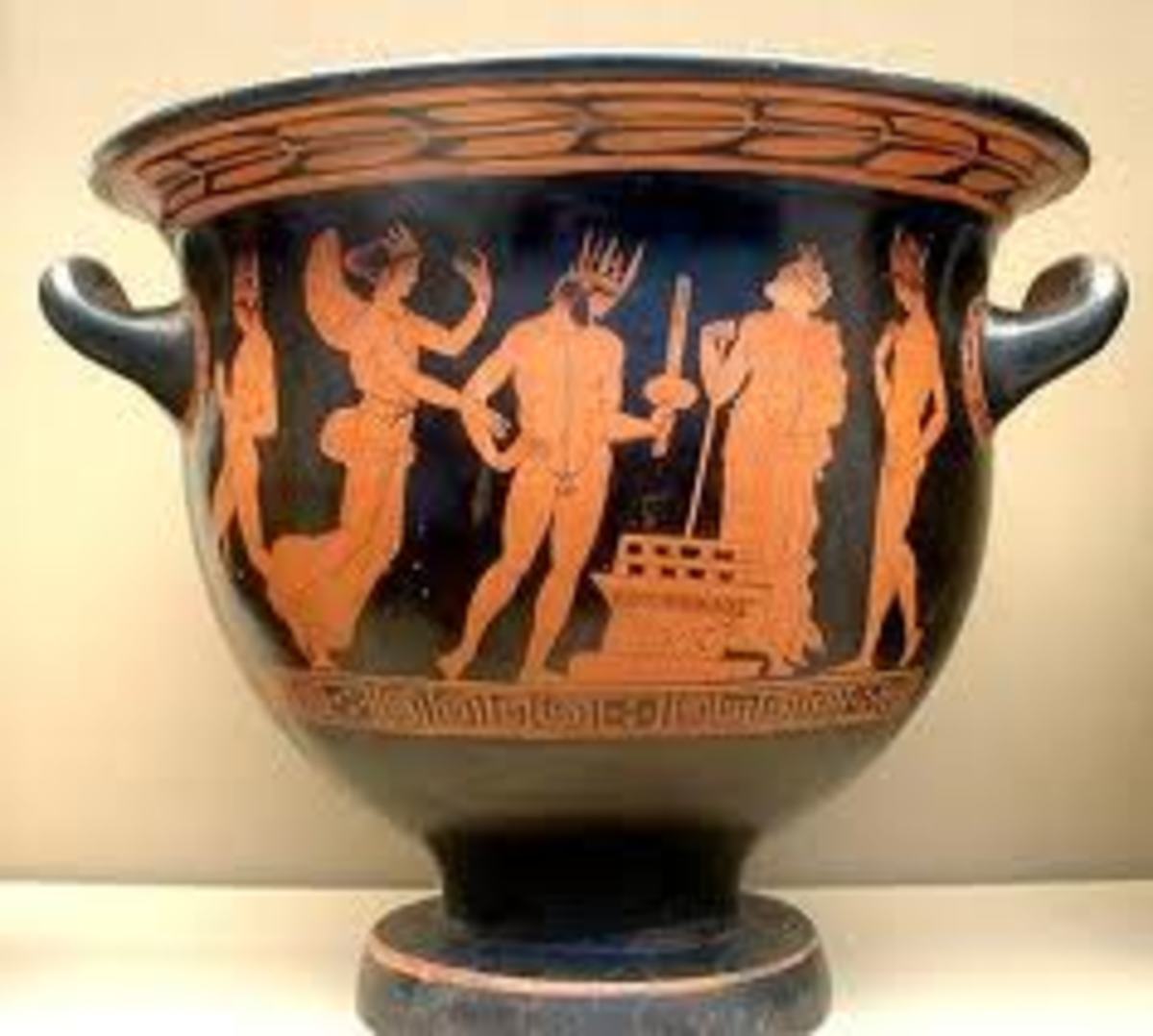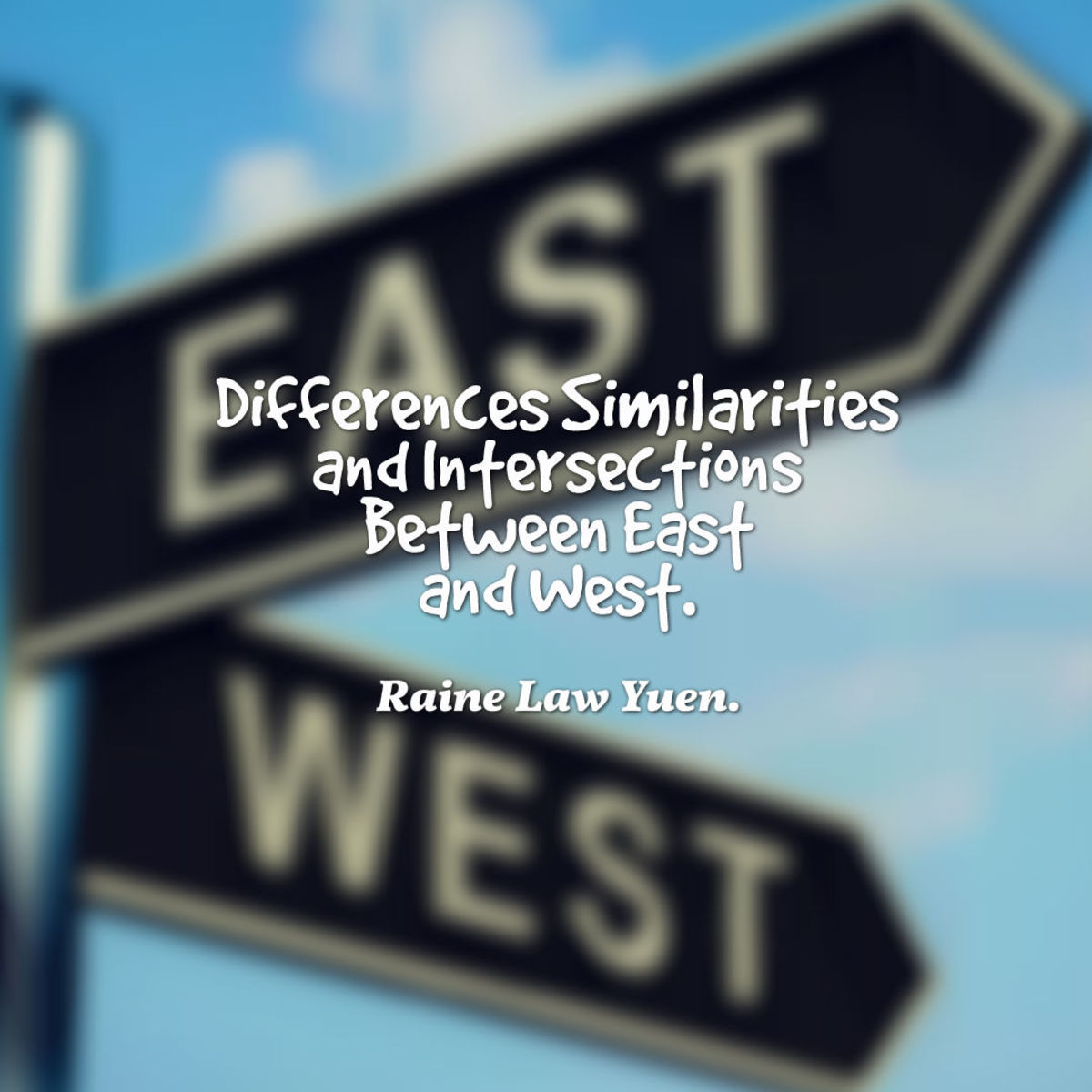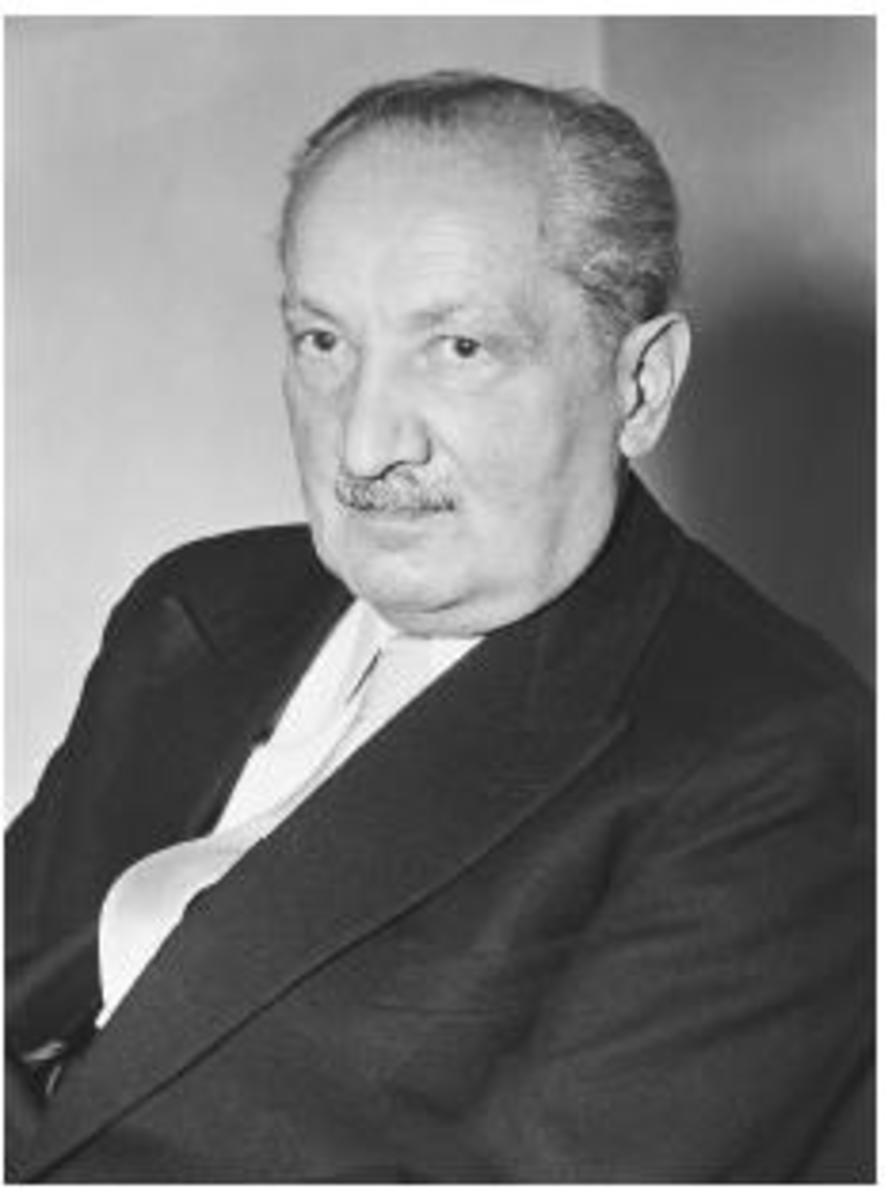What Distinguishes Humans from Other Beings?

The Existing View
Existing view:
There's no general agreement on the question of a special status for humans, though the popular view is that there are many things that make them special. The biggest source of disagreement is whether our cognitive abilities differ from those of other animals "in kind," or merely in degree. Are we in a class by ourselves or just the smartest ones in the class of animals?
Darwin's theory points towards a continuity of mind between humans and other species. But many experts have suggested that a profound gap separates our intellect from the animal kind.
A representative consideration of the uniqueness of humans, that is, mental traits and abilities that distinguish us from our fellow Earthlings could be show us that there are four main areas of difference. They are: Creative computation, wild combination of ideas, the use of mental symbols, and abstract thought.
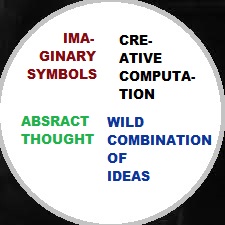
The Science View
1. Creative computation
Humans can generate a practically limitless variety of words and concepts.
2. Wild combination of ideas
Wild combination of ideas permits us to inter-mingle vastly different domains of knowledge such as art, sex, space, causality and friendship. The result is an unlimited spectrum of new entities, like new laws, social relationships and technologies.
3. Imaginary symbols
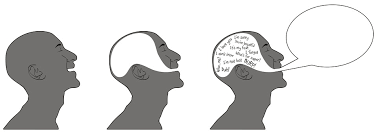
These are symbols used by our minds for encoding sensory experience. They form the basis of our complex systems of observation, comprehension and communication. We may choose to keep these symbols to ourselves, or others, both using many forms of representation, like words or pictures.
4. Abstract thought
Abstract thought is the contemplation of things beyond what we can sense.

A Different View
My View:
Something is missing here. We assumed certain faculties for humans. Then we decided that such faculties do not exist for other forms of life. This we took as the difference between humans and other forms of life. I think we can do better.
For making an objective comparison and assessment, let us take all living beings as composed of two entities each. A visible one and an invisible one. Let us then consider the visible entity to be responsible for all visible(sensible) acts, and the invisible entity, for all acts that cannot be seen, like thinking.
Now see. There is no real difference between humans and other forms of life, as far as the visible entity go. Because it can be easily noticed that something equivalent exists in all other forms of life, for everything existing in humans. And vice versa.
But as far as the invisible entity go, we effectively acknowledge the existence of such an entity for humans, as it makes it easy to explain many facets of human behavior. And we deny the existence of any such entity for other forms of life, though unexplainable facets are a part of animal behavior too. Why?
Though we are not yet aware of its presence in beings other than human, what is there to prevent us from taking a view that such an entity exists for all kinds of life?
Having decided that human being is more than what we see, we imagine of certain faculties present in us, like thought, for the invisible entity. Naturally, we assume that such faculties are absent in all other forms of life. And we list all these presumptions as the ultimate differences between human and other forms of life. Is it in order to consider this as a scientific view?
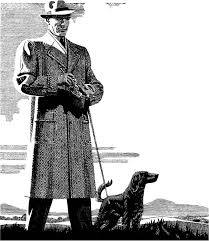
A Few Answers
Questions will be asked. If this is not a scientific view, what is?
Yes, there is a simple answer. We need to probe further.
I think, I can smell a hint as to the direction of the probe. Whatever is present in humans but not in other forms of life, or, what is seen most widely in all other forms of life but not in humans, or both, could be the area needing thorough exploration.
Power of abstraction, I think, is the former. Our innate ability to find new, unimaginable meanings for everything in nature that can lead to benefits or losses. Human progress from the earliest days is but an account of the exercise of this power.
The unpleasantness associated with mating can be taken as the later. As you know, in each of the species, the female becomes disgust personified, as and when this activity comes to an end. Female, which otherwise is not of violent nature, shows its revulsion by ill treating the male. Which is missing for humans.
Can you think of anything more?
I can think of these.
One: Abstraction, which is missing in all forms of life other than humans and, the commotion that follows mating, which is missing from humans but present in all other forms of life, seems to be mutually exclusive. Is it then possible that abstraction evolved as a remedy for the post mating violence, which, given the fact that humans have a long mating season lasting all twelve months a year, would have been posing a serious problem to the early humans.
Two: All humans sport a certain element of unease, irrespective of one's condition or circumstances. In fact much, or rather all of our philosophy, from sophism to existentialism, or to communism, is nothing but an effort to appreciate and explain this. Isn't it possible that this unease is a direct result of a mismatch between, what we learn and, what actually we do. As I mentioned elsewhere, our current, and historical styles of learning do not lead to synchrony between what we learn, and our natural interest. Whereas it is so, for all other forms of life.
Three: Another one is about the ideals, the French revolution popularized. Namely, Liberty, equality, and fraternity. All forms of life other than human revel on liberty, and fraternity. Man seems to have let go of both, making a society that thrives on demarcations based on those. At the same time, man is embracing with all his earnestness, equality, for which he is constantly ruffling feathers, both of mother nature, and of his own nature.
Four: Which escapes all attempts of an explanation. The more rational and clear we would like to be when dealing with material objects, and associated phenomena, the less bothered we are about any of this, when dwelling with the spirits, and the associated entities like religion, customs, ceremonies, etc. We are careful to expose every secret hidden in, say the earth, or the planets. We are equally careful to hide the mechanism of attributing functions to the 'spiritual' entities, let alone attempting to make it clear.
I think the answer to many of the imponderables of life is hiding here.

